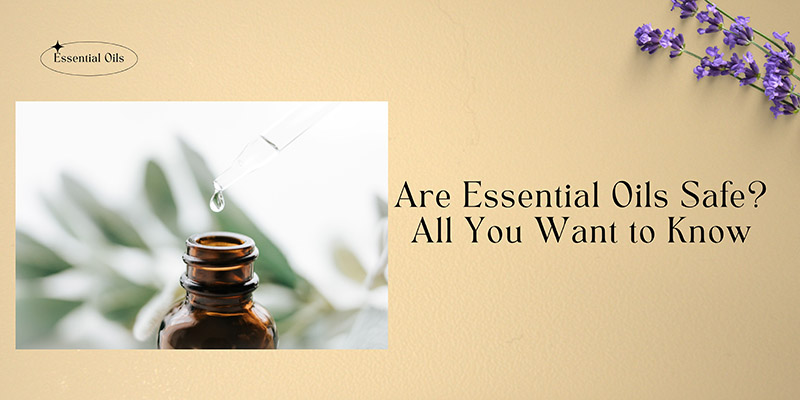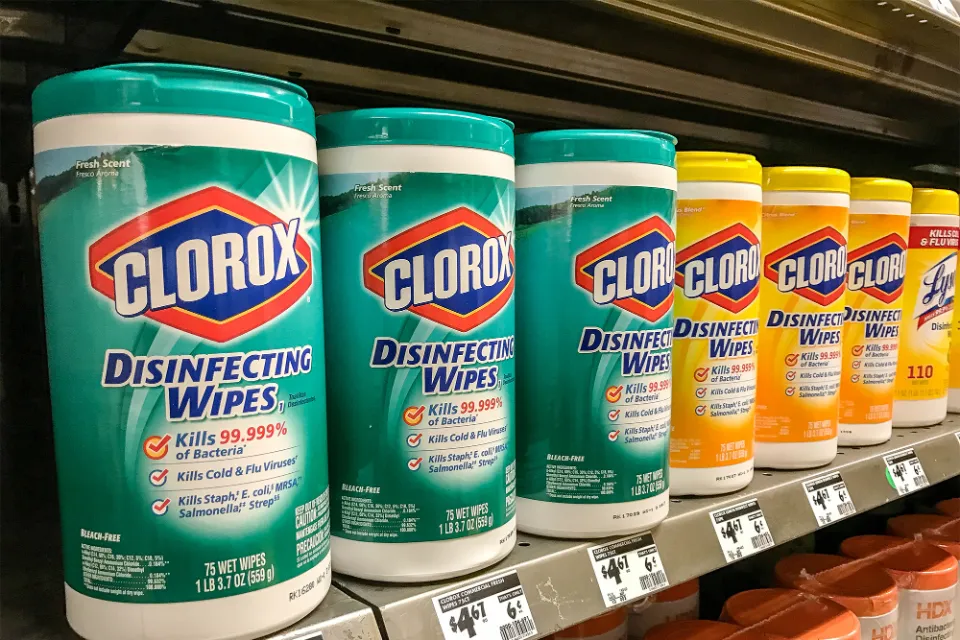The wide range of uses for essential oils is promoted, making them a popular source of fragrance. Being a highly concentrated product, even a small quantity can have a potent aroma. So, are essential oils safe?
Generally, essential oils are not safe that can seriously endanger our health if used improperly. Let’s find out what essential oils are and how to use them safely.
What Are Essential Oils?
Essential oils are liquids made from plant extracts that are very concentrated. Chemicals from the plant, including its aromatic chemicals, are present in a variety of essential oils. This is what lends the oil a scent resembling that of the plant it was extracted from.
To name a few, there are essential oils like eucalyptus, tea tree, clove, lavender, and peppermint.
In Australia, essential oils that make therapeutic claims are regulated by the pes para pes paras paras para para paras para paras paras paras paras The TGA does not regulate products made with essential oils that are purchased from foreign websites.
Common Uses for Essential Oils
Because essential oils can carry a variety of scents, they are often used in:
- aromatherapy, a type of complementary therapy
- vaporiser fluids
- perfumes
- cosmetics
- room fresheners.
Some essential oils are additionally employed in cleaning solutions.
Various cultures have used essential oils for hundreds of years. Their medical efficacy hasn’t been sufficiently examined, though. Essential oils are not a replacement for prescription drugs or items that your pharmacist suggests.
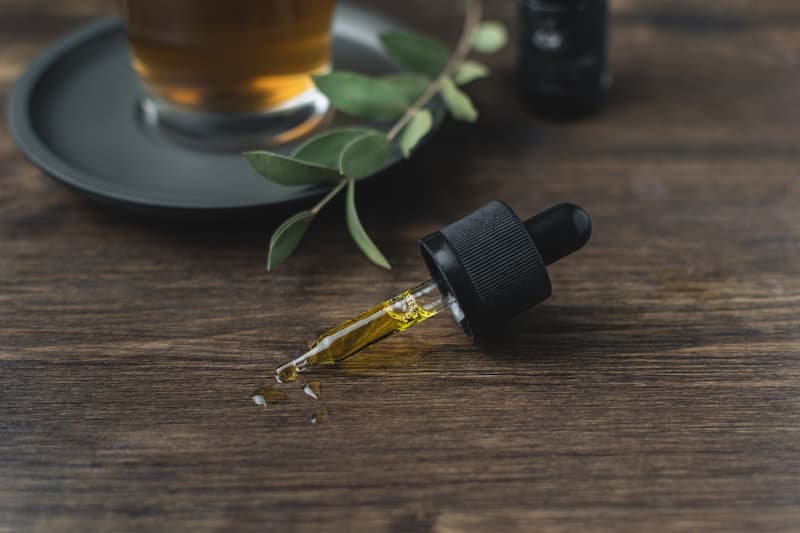
Are Essential Oils Safe?
When used properly, the vast majority of essential oils are risk-free and without any negative side effects. But it’s crucial to use them wisely, just like you should with any substance you give your body. Never ingest or consume essential oils, as per our advice. The following factors deserve your attention.
Dosage
The dose is the most crucial element in essential oil safety. In animal and laboratory studies, it has been discovered that certain essential oils used in the wrong amounts or at too high a concentration can cause tumor development and other negative changes in the body. Depending on how they are used, some essential oils can even harm the skin, liver, and other organs.
Purity
Essential oils are occasionally changed by adding synthetic chemicals, other essential oils with similar scents, or they are occasionally diluted with vegetable oil. On the label, look for language that denotes purity. Even if the label says, for instance, that the bottle contains 80% vegetable oil and 20% essential oil, that does not mean it is necessarily bad. This is occasionally done in order to lower the price of well-known but pricey oils like rose or neroli, which can cost over $100 per teaspoon when pure. However, if you start with 100% essential oil when you don’t, you might be dissatisfied with the outcomes. On the other hand, you must dilute professional quality essential oils because they are typically much more concentrated when you start using them.
Application Method
When used in one way, an essential oil might not be safe when used in another. Even though some oils are safe to inhale, they may irritate the skin when applied topically in concentrations as low as 3-5%. The essential oils of thyme, oregano, clove, and cinnamon bark are examples of this. Numerous citrus oils, including bergamot, lemon, lime, orange, and angelica, can result in phototoxicity (severe burns or skin cancer) when applied topically but not when inhaled. This is because exposure to sunlight or sunlamp radiation after application can result in phototoxicity.
Clarify the essential oil’s intended use and the recommended application technique and concentration. And once more, never consume oils without consulting a physician.
Possible Drug Interactions
Research on the interactions between pharmaceutical drugs and essential oils has not been extensively published. Nevertheless, it makes sense that this is possible or even likely given the intricate chemistry of essential oils. As with dietary supplements and herbs, it’s crucial to discuss your regular essential oil use with your doctor and weigh the potential benefits and risks as a team.
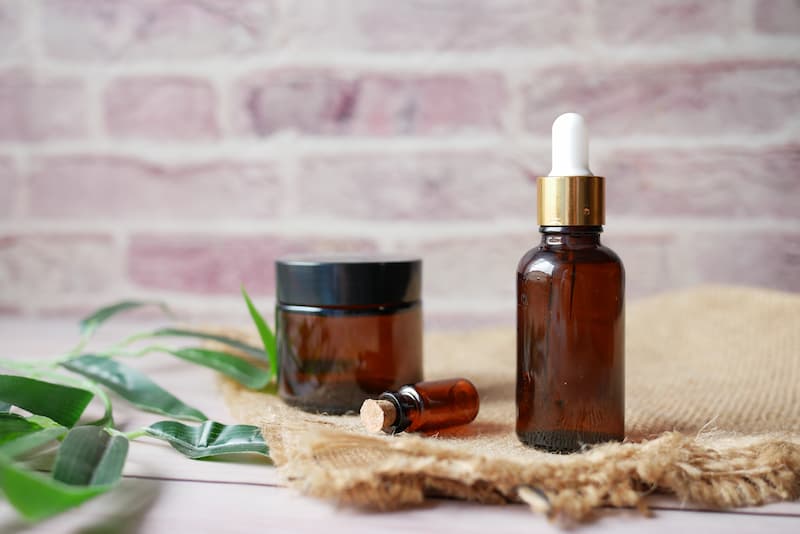
General Side Effects and Risks Associated With Popular Oils
About the long-term effects of aromatherapy, there is still a lot we don’t know. Before using well-known oils becomes a common practice in Western medicine, potential long-term effects need to be taken into account and researched. There are dangers.
Here are a few examples:
- When used internally, anise lowers the antidepressant effects of some medications and increases the effects of drugs that affect the central nervous system.
- This oil can cause skin sensitivity and result in burning if applied in a high topical concentration before sunlight exposure.
- Cinnamon. If applied without diluting or ingested, this oil can cause mucus membrane irritation, contact dermatitis, facial flushing, double vision, nausea, and vomiting.
- Topical application has been shown to affect hormones in males who have not reached puberty.
- Lemon verbena. If topically applied before sun exposure, this oil can cause photosensitivity and may result in burning.
- Applying this oil topically could result in a burn or rash. It can also cause hallucinations and even coma when ingested in high concentrations.
- This oil can cause rash and other irritations when applied to the skin. Internal consumption of it may also result in heartburn.
- If a large amount is ingested, this oil can cause restlessness, vomiting, vertigo, rapid heart rate, tremors, seizures, and kidney damage.
- Tea tree. When applied topically, this oil can cause rash or irritation. Its ingestion may result in confusion and a loss of muscle coordination. Ingestion may also affect hormones in males who have not reached puberty.
Read about Oil Diffuser Benefits
Things to Consider Before Using Essential Oils
Even though essential oils are natural, care must still be taken when using them. Before using any essential oil, you should ask yourself — and be able to answer — the following questions:
- Which technique do you want to employ?
The technique you choose depends on the outcome you want. Do you want aromatherapy to have a calming effect? Are you seeking topical pain relief or a cure for a skin condition? Or, do you want to use aromatherapy or oral medication to treat a medical condition?
- Is dilution of the oil necessary?
Most essential oils, unless they are considered “neat,” need to be diluted.
- Does the oil make you more sensitive to light?
In general, citrus essential oils increase photosensitivity. They can result in severe skin burns if applied before exposure to the sun.
- Does the oil have any clinical interactions?
When combined with other medications or supplements, some essential oils that are ingested through aromatherapy can have negative side effects. They might also bring on or exacerbate symptoms of a underlying medical condition.
- When used around babies, kids, or pets, is the oil safe?
A specific essential oil should always be tested to ensure that it is both child and pet safe. Keep in mind that what might be safe for dogs may be poisonous for cats. Compared to other pets, cats are more sensitive to essential oils. Avoid using aromatherapy in public.
- Is it okay to eat the oil?
Even essential oils that are completely safe when applied topically or used in aromatherapy can be harmful when consumed. Certain oils, like wintergreen, can be deadly.
You might also be curious about Aera Diffuser Review, so should you get it?
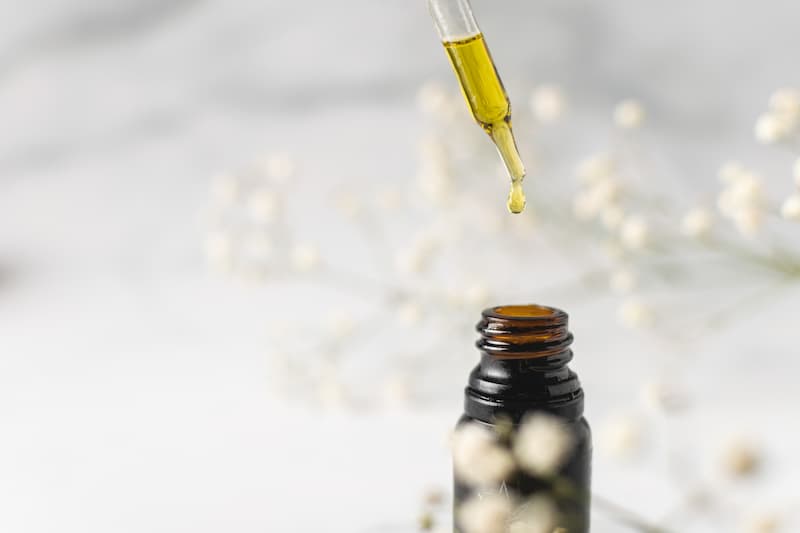
Read about How to Use An Essential Oil Diffuser
General Precautions to Take
Generally speaking, you should treat essential oils the same way you would other medications, dietary supplements, or dangerous substances. This calls for exercising caution when getting them, keeping them, and using them.
- Keep essential oils out of reach of children and pets
Simply hiding your essential oils is insufficient. Put all essential oils in a lockable container and keep them out of children’s reach in a cabinet to ensure their safety. Alternately, keep them in a cabinet that is high up and secure it with a child lock.
- When diffusing, don’t exceed 30- to 60-minute intervals
Less is frequently more when it comes to essential oils. The benefits of the oil are not increased when the ideal times are exceeded. In fact, it can actually create stress on your body, especially the nervous system.
- Only diffuse in well-ventilated areas
It’s usually a sign that your space needs more ventilation if all you can smell is the essential oil. By doing so, you run the risk of irritating your respiratory system.
When there are pets present, ventilation is especially crucial, and part of that involves leaving doors open so the animals can go outside.
- When in doubt, dilute the oil
When using topically, carrier oils shouldn’t be overlooked. They not only help spread the essential oil over a wider surface area, but they also shield your skin from rashes and irritation.
- Never use photosensitizing oils before UV exposure
Safety guidelines recommend waiting a full 24 hours after using photosensitizing oils before visiting a tanning booth or spending time in direct sunlight.
- Always wash your hands after using essential oils
You could have a severe adverse reaction if you rub your eyes or scratch the inside of your ears while carrying essential oil residue on your hands. Eye and ear contact with essential oils is not recommended.
- Keep all essential oils away from flames
Highly flammable essential oils exist. They should not be used or kept close to open fireplaces, gas stoves, lit cigarettes, or candles.
Read about Humidifier Vs Diffuser: How to Distinguish?
What to Do If Side Effects Occur?
A positive experience using essential oils can be achieved by exercising caution and adhering to safety precautions. However, negative effects are still possible. Knowing what to do if side effects do materialize is a necessary component of using essential oils responsibly.
Minor side effects can frequently be treated at home.
If essential oils get into your eyes, you can do one of two things:
- In a food-grade fatty oil, such as sesame or olive, soak a cotton swab. Over your shut eyelid, wipe the swab.
- Clean, cool water should be used to immediately flush the area.
Use a fatty oil or cream to absorb the essential oil and remove it from your skin if it is causing itching.
Contact your neighborhood poison control center right away if you accidentally ingested or consumed too much oil. Then, follow these precautions:
- drink full-fat or 2 percent milk
- avoid vomiting
- keep the essential oil bottle handy to show the emergency response team
Summary: Safe Storage and Use
Like any other potentially poisonous substance, essential oils should be stored safely. This means they should always:
- Be kept out of reach and sight of children
- Be put away immediately after purchase or use
- Keep them in the package they came in; never move them to another one, especially one containing food or liquid.
Pick essential oil products with child-resistant safety caps whenever it is practical.
Avoid storing essential oils in the kitchen, as this can make them more accessible to children. The appealing aroma of some essential oils may increase the risk of ingestion and accidental poisoning among children.
